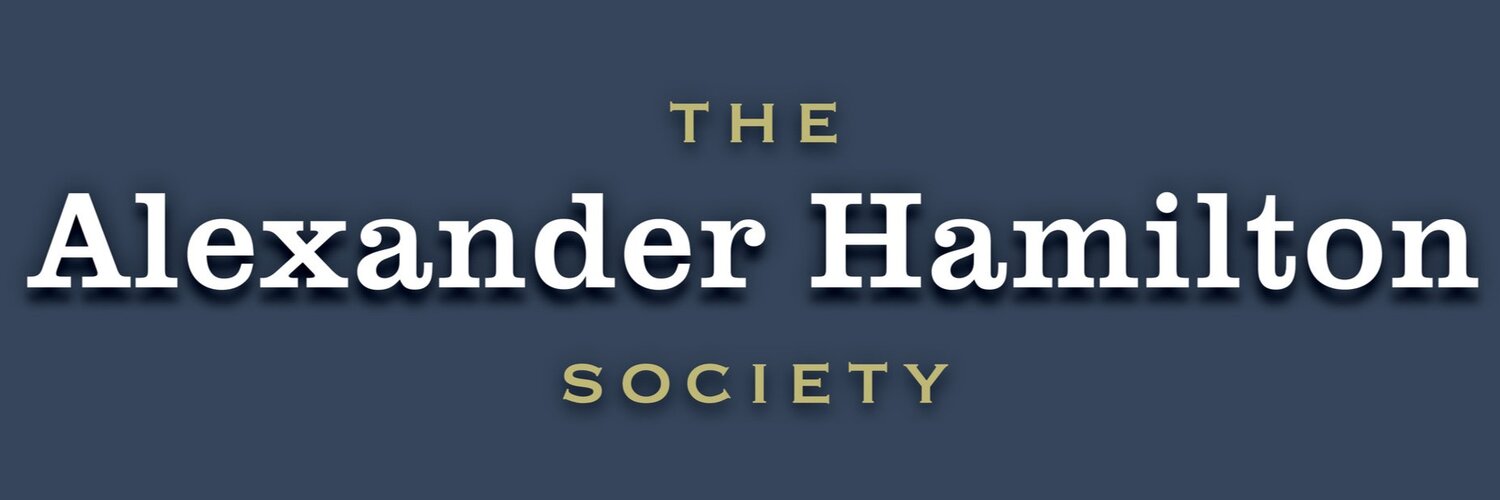Europe
overview
Once the most stable region for American diplomacy, Europe has again arisen as a region of concern for American policymakers since Russia’s 2022 invasion of Ukraine. After its initial assault failed to capitulate Ukraine, Russia has poured lives and resources into combatting stiff resistance from the Ukrainians, leading to a bloody and protracted conflict that has raised anew many questions of transatlantic security and defense cooperation. Moscow’s ambitions beyond Ukraine also remain a concern for U.S. policymakers, as Russia expands its influence in the Middle East, sharpens the risk it poses to cyberspace and information integrity worldwide, and attempts to more closely align with China, adding a new dimension to contemporary great power competition.
The European Union, shocked economically and politically by the invasion of Ukraine, also faces internal challenges. Longstanding economic imbalances between member states have become only more pronounced since the Great Recession and Europe’s related economic difficulties. Domestic political opposition to Brussels-based governance has become prevalent in many member states, most famously in the United Kingdom, which withdrew from the European Union in 2020. Much of this opposition has manifested itself in movements which have made their criticisms of NATO and engagement with China core parts of their foreign policy.
Even in mainstream circles, questions swirl regarding the level of support the United States could expect from its European allies in the event of a conflict with China. French President Emmanuel Macron has continued the time-honored French tradition of calling for European “strategic autonomy,” even going so far as to claim that a war in the Pacific would not be Europe’s issue. Many Europeans at all levels of society echo similar sentiments, reflecting a wariness towards the economic devastation Europe might suffer if it were to back the United States against China, the most significant trading partner of the European Union.
Meanwhile, the center of gravity for leadership in the EU remains unclear. Traditionally, Germany, the bloc’s largest economy and most populous state, appeared first among equals in the Union, particularly during the European debt crisis. However, the central European state has been reluctant to take the reins in addressing the European response to the Russian invasion of Ukraine and continues to be hampered by a byzantine bureaucracy that pervades all levels of society. Meanwhile, France, despite talk of strategic autonomy, has contributed negligibly to the European response to Russian aggression. Poland, with high defense spending in comparison to other EU countries and a solidly pro-Ukraine stance, recently witnessed a change in leadership away from the nationalist government that has driven the country further from EU institutions for the past decade, but it remains to be seen whether the country, traditionally poorer than states like Germany and France, can take the lead in Europe.
With new challenges to manage and external threats to respond to, European policymakers and their U.S. counterparts have much work to do to adapt their relationships to a new and uncertain world.
For Speaker Events
In which ways is Russia a threat to U.S. national interests?
Does European integration advance or harm U.S. interests?
Should the United States continue to defend Europe?
Is a more strategically autonomous Europe beneficial for the U.S.-led global order?
Can shared values preserve the transatlantic alliance even when interests clash?
How should the United States win European support in the event of a conflict with China? What would this support ideally look like?
What are the U.S. strategic interests in Ukraine?
How should the United States respond to democratic backsliding in Europe?
Should NATO continue to enlarge?
What are the implications of Brexit for U.S. interests in Europe?
For roundtable discussions
“Joint Regional Strategy: Department of State Bureau of European and Eurasian Affairs and USAID Bureau of Europe and Eurasia.” Department of State. November 18, 2022.
“Backgrounder: NATO.” CFR Backgrounder. Council on Foreign Relations.
“How Trump Can End the War in Ukraine.” Michael McFaul. Foreign Affairs. December 12, 2024.
“Europe’s Geoeconomic Revolution.” Matthias Matthijs and Sophie Meunier. Foreign Affairs. August 22, 2023.
“The Korea Model.” Carter Malkasian. Foreign Affairs. July 20, 2023.
“Should Ukraine Negotiate with Russia?” Dmytro Natalukha; Alina Polyakova and Daniel Fried; Angela Stent; Samuel Charap. Foreign Affairs. July 13, 2023.
“NATO’s Next Decade.” Anders Fogh Rasmussen, Dmytro Kuleba, Kristi Raik, Angela Stent, Liana Fix, Ulrich Speck, A. Wess Mitchell, Ben Hodges, Anne-Marie Slaughter, and Stefan Theil. Foreign Policy. July 6, 2023.
“Postimperial Empire: How the War in Ukraine Is Transforming Europe.” Timothy Garton Ash. Foreign Affairs. April 18, 2023.
“Why America Still Needs Europe.” Michael J. Mazarr. Foreign Affairs. April 17, 2023.
“What Does Europe Look Like 3-7 Years After Russia’s War in Ukraine?” Alina Polyakova, Edward Lucas, James Lamond, Bobo Lo, and Lauren Speranza. Center for European Policy Analysis. May 24, 2022.
“Why Deterrence Failed Against Russia.” Nadia Schadlow. The Wall Street Journal. March 20, 2022.
For book clubs
Asmus, Ronald. Opening NATO’s Door: How the Alliance Remade Itself for a New Era.
Howard, Michael. War in European History.
Kagan, Robert. The World America Made.
Kissinger, Henry. Diplomacy.
Polyakova, Alina. The Dark Side of European Integration: Social Foundations and Cultural Determinants of the Rise of Radical Right Movements in Contemporary Europe.
Silva, Daniel. Moscow Rules.
Stent, Angela. Putin's World: Russia Against the West and with the Rest.
Stern, Fritz. Five Germanys I Have Known: A History & Memoir.
Interested in starting a reading group for your chapter? If so, the books above are all excellent selections. Find a link to our reading group application below.
